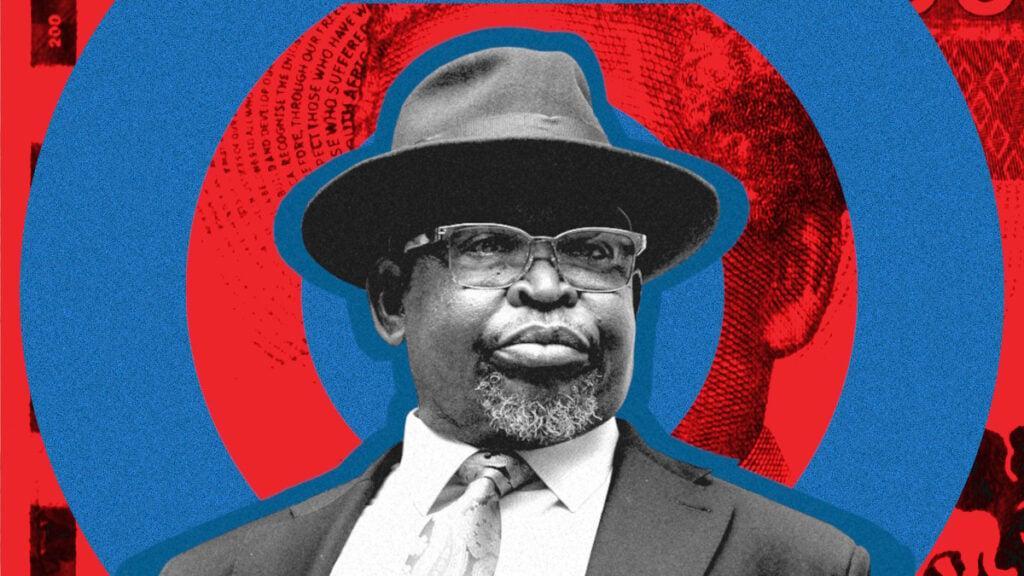Africa-Press – South-Africa. South Africa’s finance ministry and central bank said in a joint statement on Monday that technical work on whether to change the country’s inflation target was drawing to a close.
The inflation target range is currently 3% to 6%, but central governor Lesetja Kganyago has long advocated for a lower band, arguing it would make South Africa’s economy more competitive.
“The Minister of Finance and Governor will agree on any changes to the target band. The Minister of Finance will make a formal announcement as soon as is practical to anchor expectations,” the joint statement said.
The announcement follows some friction between National Treasury and the South African Reserve Bank over the target.
Kganyago announced at the last Monetary Policy Committee (MPC) meeting in July that the central bank had officially changed its preference to target the lower end of the current band, ie 3%.
The SARB has also been doing dual-modelling, using both the 4.5% target and 3% target in its systems to ascertain how policy moves would impact the scenarios.
However, this was met with a terse response from Treasury, stating that only the Finance Minister could formally change the target.
The SARB, meanwhile, sat firm in its position, adding that the country couldn’t afford to dawdle on the matter and that acting sooner rather than later would yield the best results for the country.
According to the joint statement, South Africa continues to target inflation within the 3‒6% range, with the SARB focusing on anchoring inflation at the midpoint of the range, or 4.5%, since 2017.
It treats the SARB’s announcement as a “preference” rather than an actual policy change, acknowledging the drive from both the Reserve Bank and the Treasury’s 2024 Macroeconomic Policy Review, suggesting a lower rate would be beneficial.
At a crossroads
Reserve Bank Governor, Lesetja Kganyago
According to Momentum Investments Chief Economist, Sanisha Packirisamy, a lower inflation target for South Africa may enhance credibility and investment, but it could also carry short-term growth trade-offs.
Ratings agencies have also flagged several risks around state spending.
On the positive side, the argument is that a 3% target should improve consumer purchasing power and lower the cost for businesses to invest.
It should also increase affordability of housing and reduce borrowing costs for the government, ultimately promoting stronger economic growth.
However, S&P Global warned that Treasury’s plans are currently based on the assumption of the inflation rate stabilising closer to the mid-point (4.5%) rather than the lower-end.
Godongwana stated that these assumptions would not be changed for the medium-term budget.
This risks a mismatch between the SARB’s targeting and the government’s spending, which raises the risk of overspending and revenue miscalculations.
Because of this, it is vital that the SARB and National Treasury are on the same page.
Current inflation estimates have shifted lower from 4.1% at the start of the year to about 3.4%, according to Packirisamy.
While there is consensus that inflation has eased, the economy is susceptible to shocks.
One such shock emerged just last week, where NERSA announced a sudden increase to electricity prices on 2026 and 2027, which will undoubtedly make the 3% inflation target more difficult to achieve.
For now, the SARB and Treasury have concluded the technical work on the new target, with draft recommendations being tabled to the Governor and Finance Minister soon.
For More News And Analysis About South-Africa Follow Africa-Press






